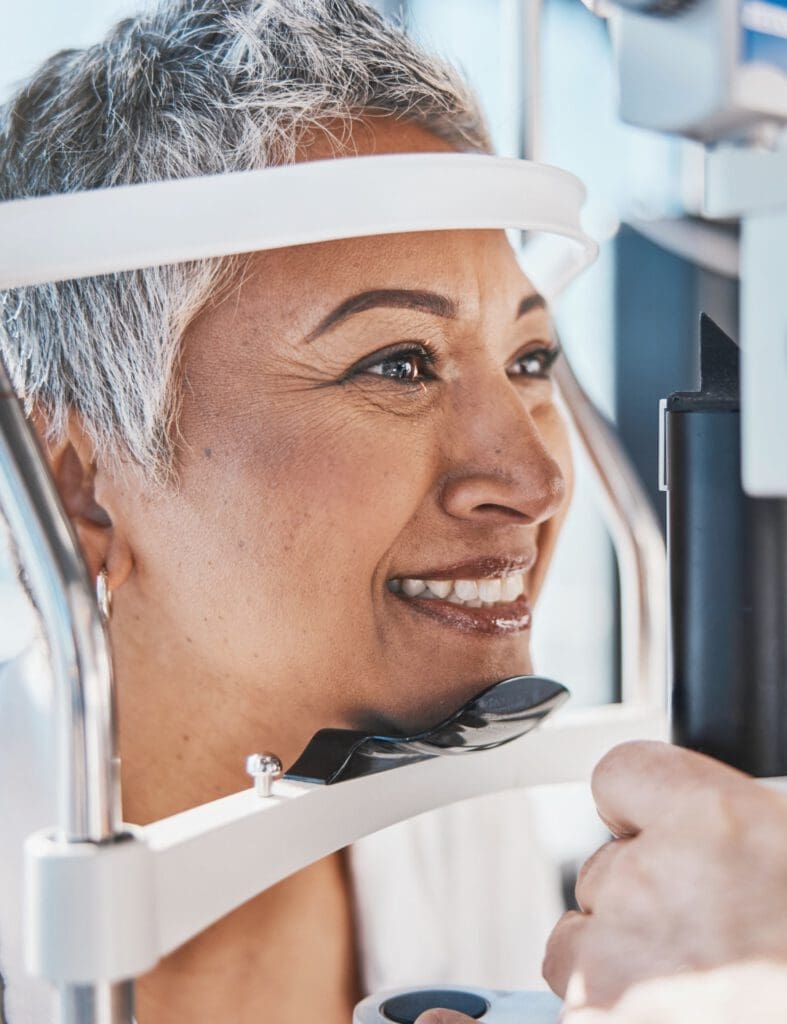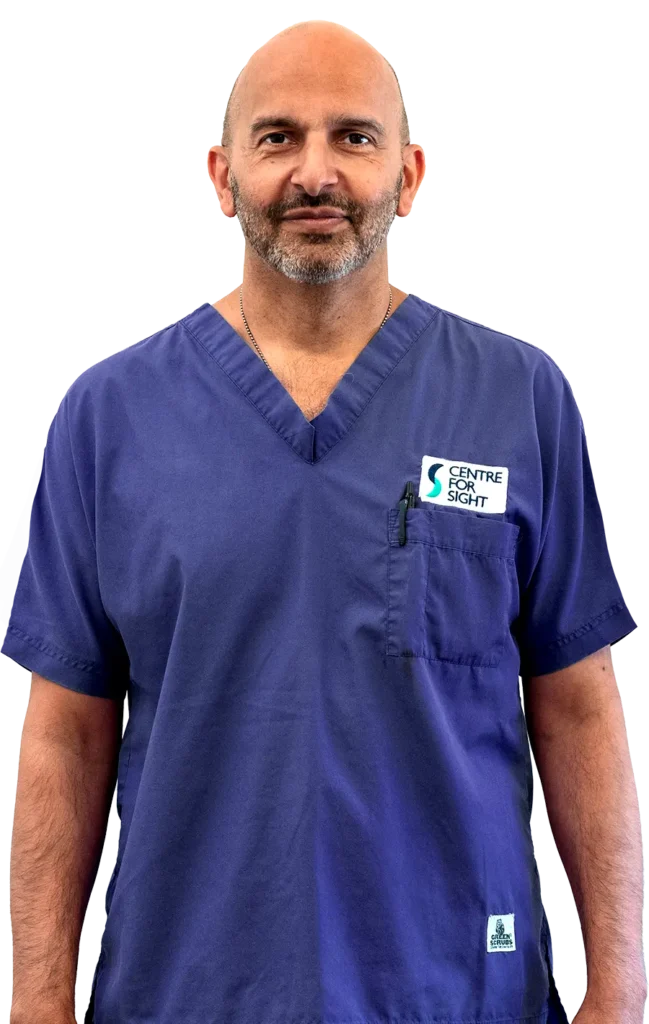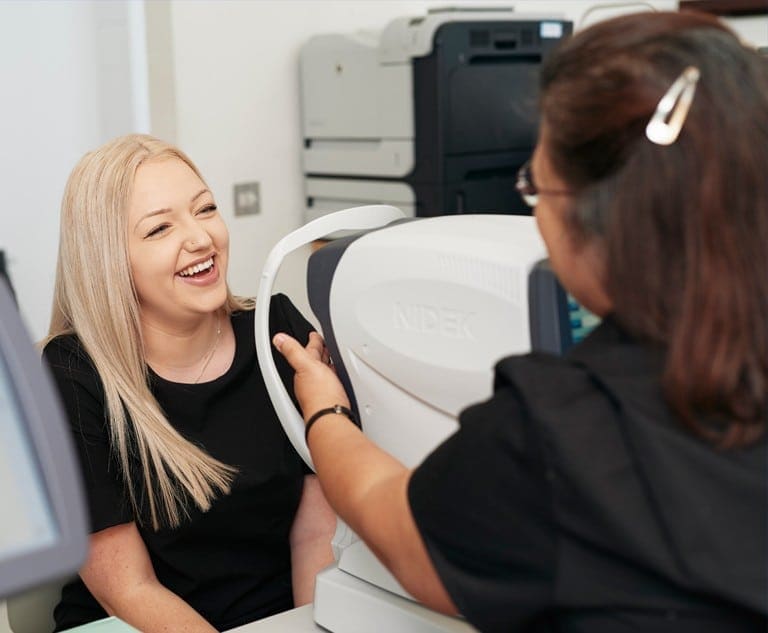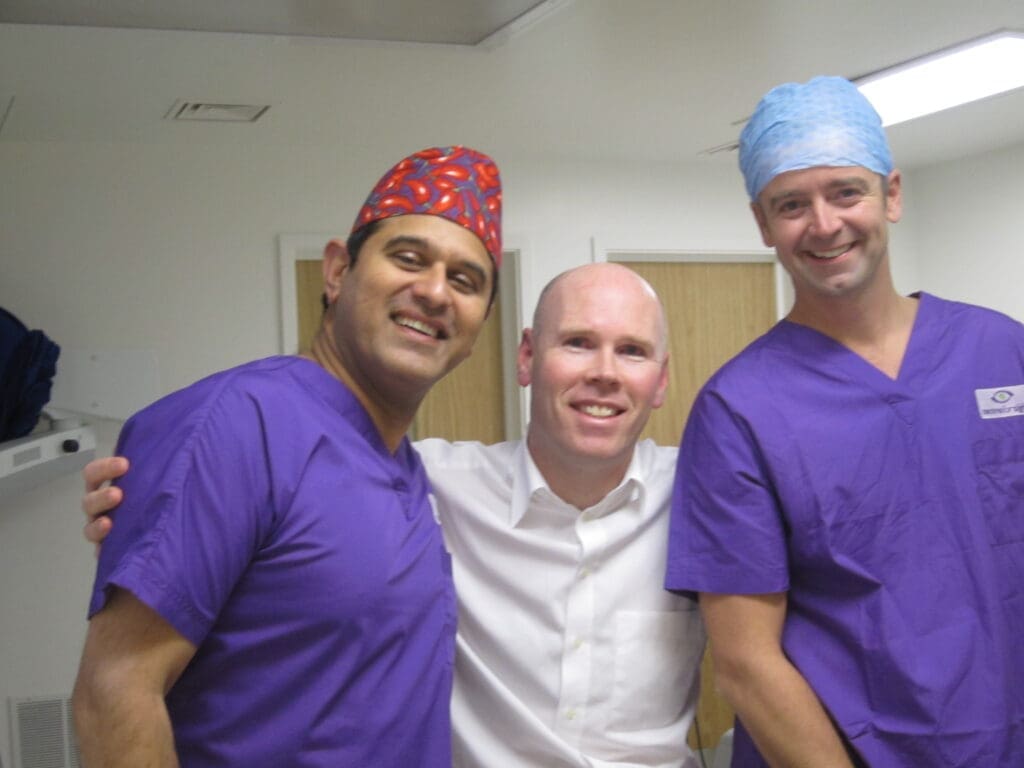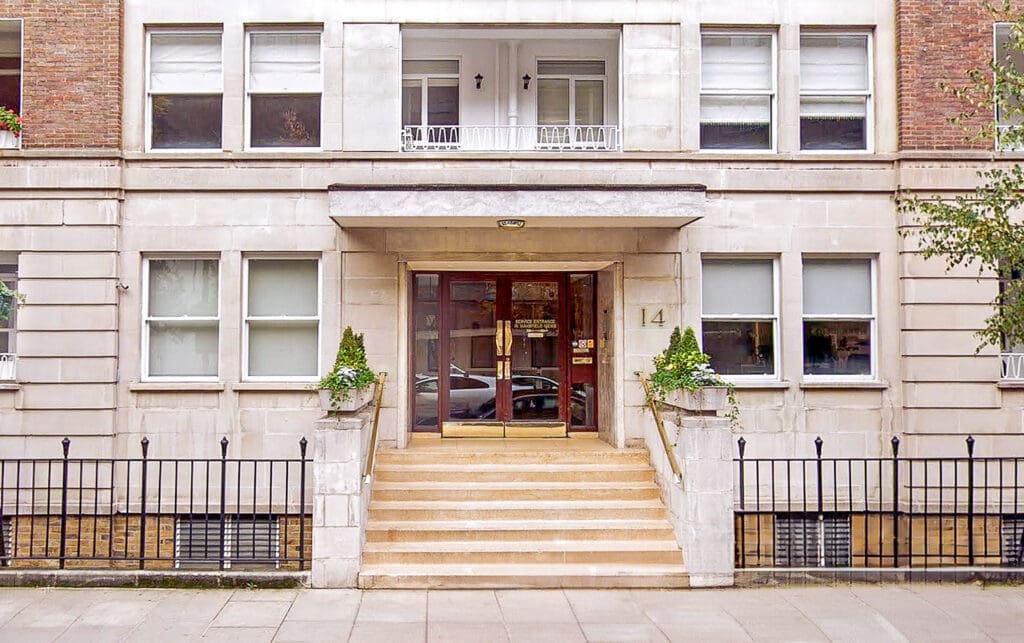Common Questions for Laser Eye Surgery
Curious about laser eye surgery? Here are answers to some of the most common questions to help you feel informed and confident.

Who is a candidate for Laser Eye Surgery?
To find out whether you’re a suitable candidate you can use the Am I Suitable questionnaire and our staff will respond with some specific treatment options. Although each case is assessed individually, generally speaking you will meet the criteria for laser eye surgery if you can say yes to the following:
- You are over 18 years old (if required for your career) – otherwise 21 and above
- You are Short-sighted, Far-sighted or have Astigmatism
- Your vision has remained the same over the past 12 months (less than 0.50D change in the last year)
- You have a good eye health and no autoimmune diseases
- You are not pregnant or nursing
Lastly, you’ll also need to have extensive testing followed by a consultation with a surgeon to see whether your eyes are suitable for surgery. To save time, this may be divided into preliminary screening tests and if suitable you will see the surgeon for a lengthier visit at a later date.
Safety is paramount
At Centre for Sight, we are very selective about those who are eligible. Safety is our number one priority, and we make our decisions based on scientific evidence, delaying (and first treating where appropriate) or declining those who might be at increased risk.
What should I do / not do after laser eye surgery?
Firstly, it’s important to avoid dusty or smoky atmospheres for the first two weeks after your surgery. Here are some common questions about what you can and can’t do after surgery:
- Can I shower after laser eye surgery? You can shower the next day but you must make sure your eyes are closed.
- How long after laser surgery can I drive? When you are comfortable with your new vision, and if it meets the level required to meet the driving standard.
- How soon after surgery can I go back to work? The next day if you are comfortable. Make sure you are able to take your eye drops regularly as instructed.
- Can I use a computer after laser eye surgery? The next day but be sure to take breaks every 20 minutes and close your eyes for 20 seconds. Make a conscious effort to blink more often.
- When can I exercise at a moderate pace? After one week.
- What about exercising at an intense level? Please wait for two weeks and use a headband to absorb any perspiration to prevent this from entering your eyes.
- When can I return to playing sports? You may return to all sporting activity after TWO weeks. For contact sports, you are advised to use protective eyeglasses. Polycarbonate sports glasses are recommended.
- Can I go swimming after laser eye surgery? After three weeks but with goggles, four weeks without.
- When can I go Scuba Diving? After 4 weeks.
- When can I wear eye make up again? Please do not wear mascara or eyeliner for TWO weeks. For all other make-up, please wait for two days. Consider having your eyelashes tinted before surgery. When removing eye make-up, use your usual make-up remover gently and finish it by using preservative-free eye-lid cleansing lotion.
- When may I return to activities such as housework, shopping, and gardening? There are no restrictions, and you may return to these activities the following day. You must keep away from smoky and dusty environments and do not forget to wash your hands before using your eye drops.
How long should I remain off work?
Usually one or two days. You may return to work as soon as you are comfortable. Make sure you are able to take your eye drops regularly as instructed.
How soon after laser surgery will I be able to see?
Although every patient is different, the vast majority of InterLASIK patients achieve legal driving vision or better by the very next day. In a very small number of patient’s vision will take longer to recover, possibly up to 10 days.
What are the risks and complications with Laser Eye Surgery?
Centre for Sight has always had the very highest standards in hospital safety and procedures and Intralase decreases the risk of infection further. IntraLASIK also uses one-time use disposable instruments, further improving this level of safety.
Laser eye surgery with appropriate patient selection and treatment provides excellent outcomes. With current technology, serious problems are extremely rare. There are however some side effects that you must be aware of:
Dry eye: Laser eye surgery affects the nerve receptors that sense dry eye and as a result tear production can be temporarily reduced. To compensate for this, artificial tears (provided) are required for at least 6 to 12 weeks whether or not there are dry eye symptoms. Consider there may not be symptoms as the nerve endings will not have recovered. As nerve endings and receptors recover, dry eye improves. Patients at risk of severe dry eye are identified at consultation and either treated for dry eye beforehand or declined for laser surgery.
Over-correction, under-correction, and regression: It is possible but very unusual for the eye to be overcorrected, under corrected or slip back (regression) slightly over the first 6 weeks. Much depends on how the eye responds to surgery, how it heals and whether or not artificial tears are used. Dry eye (symptomatic or not) can result in regression. If this is significant and affects the visual outcome, an enhancement will be performed to correct this at 3 months as long as the eyes are stable. To reassure you, this occurs infrequently at Centre for Sight with less than 1% of our patients requiring an enhancement and there is no further charge for correction within the first year of treatment.
Night vision disturbances: It is normal to experience some initial disturbance after the procedure which rapidly decreases over a period of days to two weeks. This occurs from mild swelling of the cornea and subsequent light scatter. Long term disturbances are rare with the correct treatment choice being tailor-made for each eye (i.e. with Aspheric and Wavefront Aspheric treatments).
Is Laser Eye Surgery painful?
No, the treatment itself is completely painless. Large amounts of anaesthetic drops are used which completely numb the eye. You might feel a bit of pressure at the very beginning when the Intralase laser is used to create the flap. After the procedure some patients describe a gritty sensation like a lash in their eye. Some feel a bit of stinging which lasts for a few hours. For this reason, we ask patients to have a nap for about four hours after the procedure. Paracetamol or Ibuprofen is the most you will need to manage the discomfort.
What happens if you blink during Laser Eye Surgery?
It’s impossible to blink during the surgery as we use a special clip that gently holds your eyelid open.
